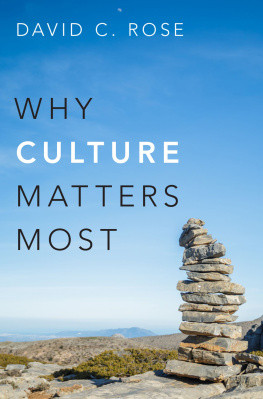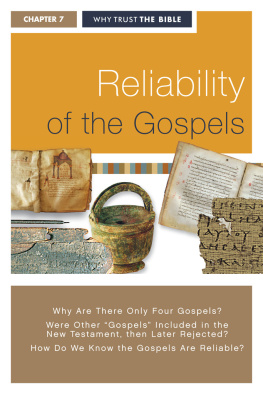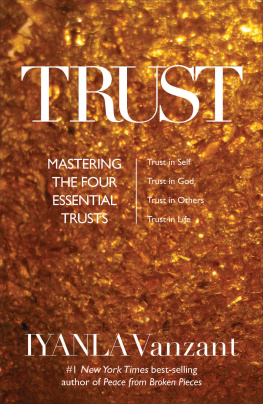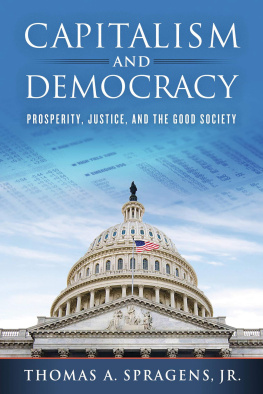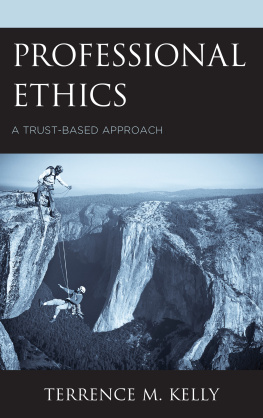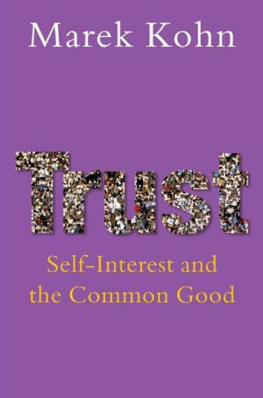Contents
Pagebreaks of the print version
WHY CULTURE MATTERS MOST

Oxford University Press is a department of the University of Oxford. It furthers the Universitys objective of excellence in research, scholarship, and education by publishing worldwide. Oxford is a registered trade mark of Oxford University Press in the UK and certain other countries.
Published in the United States of America by Oxford University Press 198 Madison Avenue, New York, NY 10016, United States of America.
Oxford University Press 2019
All rights reserved. No part of this publication may be reproduced, stored in a retrieval system, or transmitted, in any form or by any means, without the prior permission in writing of Oxford University Press, or as expressly permitted by law, by license, or under terms agreed with the appropriate reproduction rights organization. Inquiries concerning reproduction outside the scope of the above should be sent to the Rights Department, Oxford University Press, at the address above.
You must not circulate this work in any other form and you must impose this same condition on any acquirer.
Library of Congress Cataloging-in-Publication Data
Names: Rose, David C. (David Charles), author
Title: Why culture matters most / David C. Rose
Description: New York, NY : Oxford University Press, [2019] |
Includes bibliographical references and index.
Identifiers: LCCN 2018015163 (print) | LCCN 2018015998 (ebook) |
ISBN 9780199330737 (UPDF) | ISBN 9780199330744 (EPUB) | ISBN 9780199330720
(hardcover : alk. paper)
Subjects: LCSH: CultureEconomic aspects. | Social systemsGrowth. |
Cooperation. | Economic development Classification: LCC HM621 (ebook) |
LCC HM621 .R6725 2018 (print) | DDC 306dc23
LC record available at https://lccn.loc.gov/2018015163
CONTENTS
A few countries are wonderful places to live, work, and raise a family. A few are dreadful. Most are somewhere in between. There is little disagreement about which countries belong in each category. And if you ask why these countries are so different, most people will answer that it has much to do with differences in culture.
The theories people offer for why culture is so important range from banal to bizarre, from innocuous to disturbing. But their powers of observation are in good working order. Evidence of the importance of culture is all around us. Culture in the form of moral beliefsthe focus of this bookaffects nearly everything people do and the kind of societies they build.
Many continue to resist cultural explanations for the differential success of societies. This is probably because if culture matters most, then successful societies need more than strong institutions, wise policies, and good leadersall of which are things more easily changed than culture. This appears to rob us of hope for improving the quality of life of those living in impoverished societies or living in impoverished communities within rich societies.
But increasingly intellectuals, researchers, and scholars have been rediscovering the importance of culture. Consider the influence of Lawrence Harrison and Samuel Huntingtons edited collection Culture Matters, Deirdre McCloskeys trilogy on the role virtues , and David Brookss The Social Animal, The Road to Character, as well as many of his columns in the New York Times.
Over the last three decades there has been an explosion of academic research on culture. Nearly everyone now agrees that culture is simply too important to ignore even if discussing it is often uncomfortable. But there is, as yet, no general theory of culture that connects it to societal success. So this book presents neither a history of cultural evolution nor a review of statistical evidence to build a case for the importance of culture. Abundant historical and empirical research has already made that case.
This book explains why culture matters by proposing a new theory of how it can work to make the good life possible for nearly everyone. Unlike anything else, culture channels how we employ our capacity for rational thinking. Rationality helps us make sense of the world and make good decisions. But within any group it can also help us figure out how to promote our welfare at the expense of the common good. And, across groups, it can help us figure out how to benefit at the expense of them, thereby stoking our penchant for tribalism.
We have known about this problem for a long time. It is the subject of countless campfire tales, fables, plays, novels, movies, and religious texts. Some cultures get around it by crowding out opportunism with beliefs and practices that severely suppress rational thinking generally. In so doing, many produce poor societies that support little individual freedom. But in a few places in the world, culture suppresses opportunism, not rationality, through moral beliefs that make opportunism irrational. This produces trust by channeling rather than suppressing rationality and thereby produces societies in which general prosperity and freedom are the norm.
Trust is the key to the good life. Virtually everything good about any society depends on trust or is strengthened by trust. High-trust societies are the key to unlocking the unfathomable power of cooperation. They promote general prosperity through trust-dependent free market institutions, and they promote freedom through trust-dependent democratic institutions. This book explains why such highly desirable free market democracies are inherently unstable unless a critical mass of social trust is sustained. It also explains why free market democracies, which have done so much good in the world, are prone to undermining the very trust that makes them possible.
This book argues that culture is the key to having a high-trust society. Culture works by directing the ends to which individual rationality is employed. Whether culture does this in a way that promotes general prosperity and freedom by creating and sustaining a high-trust society depends mostly on the kind of moral beliefs that are culturally transmitted.
Culturally transmitting trust-producing moral beliefs is necessary for building a high-trust society, but it is not sufficient. Such beliefs must also be transmitted in great measure, but unfortunately the deck is stacked against this happening in sufficient measure even in ideal circumstances. Most societies do not address this problem well, which is why most societies are not high-trust societies, so the power of cooperation is largely bottled up in small-group contexts.
Humans dominate all other species. Our capacity for culture and the culture-gene evolutionary process it unleashed is a big reason why. But this book is not about the story of how culture made us human. That fascinating story is already well laid out by the pioneering work of Christopher Boehm, Samuel Bowles, Robert Boyd, Herbert Gintis, Natalie Henrich, Joseph Henrich, Peter Richerson, and others. This book attempts to explain why culture, more than anything else, explains the differential success of the societies that humans went on to build.
David C. Rose
28 February 2018
I thank the HFL Foundation, the Earhart Foundation, the Templeton Foundation, and the Office of International Studies & Programs at the University of MissouriSt. Louis for research support. Henry F. Langenberg and John Prentis entrusted me with the Discussion Club for many years and that opened many doors for me. The late Jack Repcheck was a mentor and dear friend, and his enthusiasm for this book meant the world to me.

